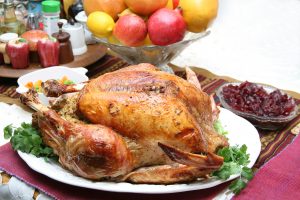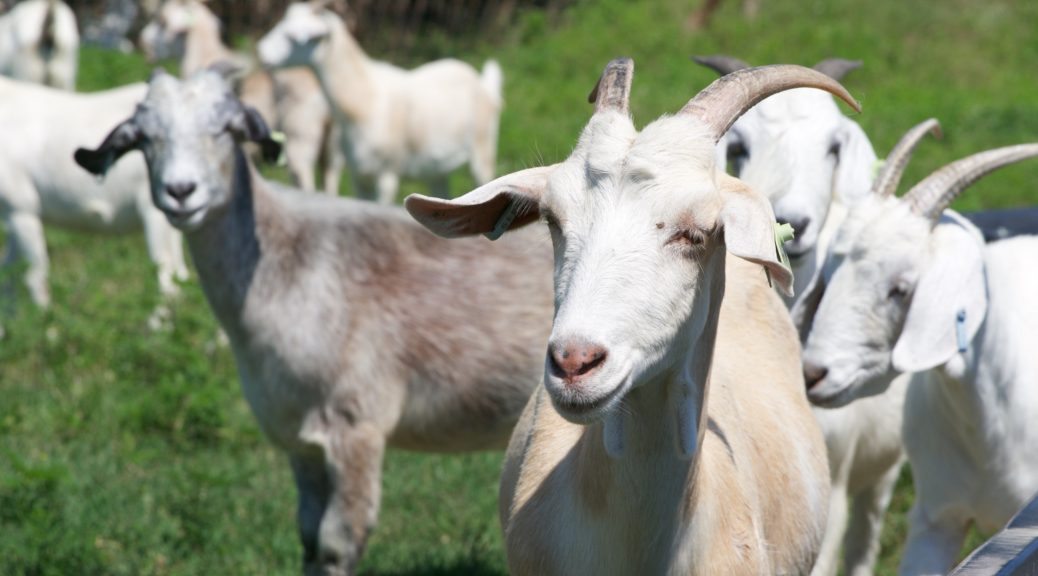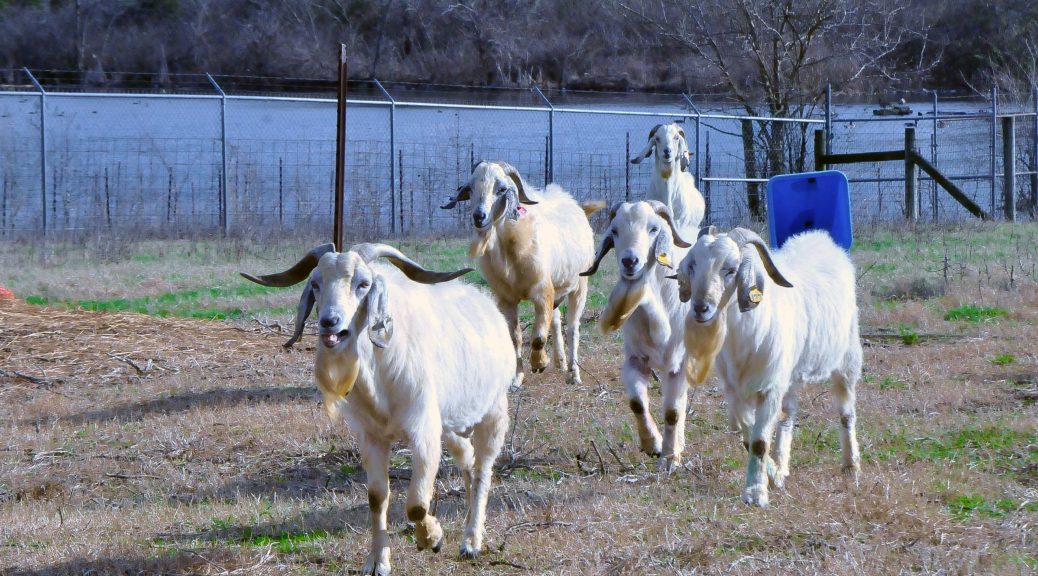NASHVILLE, Tenn. (TSU News Service) – Looking for an alternative to turkey this Thanksgiving? Try goat meat.

Experts in Tennessee State University’s College of Agriculture say the holidays, particularly Thanksgiving and Christmas, bring increased demand for goat meat – a national area of research for TSU.
“Just like turkey, goat is kind of a holiday meat, for a lot of different cultures,” said Dr. Richard Browning, lead goat researcher at TSU, which has received nearly half a million dollars from the U.S. Department of Agriculture to expand its research on goat meat production.
As the holiday season kicks in, immigrants, in particular, flock to butcher shops, meatpacking plants, farms, and any place that provides goat meat, according to researchers.
Ouida Bradshaw owns two Jamaicaway restaurants in Nashville and has had goat meat on her menu since she opened 14 years ago. She said this time of the year she starts to see an increase in orders for goat meat.
“There’s definitely an increase around Thanksgiving and Christmas,” Bradshaw said. “People put in special orders. They use it as one of their entrees for their Thanksgiving and Christmas celebration.”
Besides being tasty, goat meat enthusiasts say it’s a healthier choice of meat because its naturally lean, meaning it is much lower in saturated fat and cholesterol, having a naturally higher HDL count (the good cholesterol) and a naturally low LDL count (the bad kind of cholesterol), according to the National Kiko Registry. It is also lower in calories than other meats, like beef, and is easier to digest.
 Whether it’s goat meat, turkey or any other holiday fixings, Dr. Sandria Godwin, a family and consumer science professor at TSU, said people should make sure they properly handle food.
Whether it’s goat meat, turkey or any other holiday fixings, Dr. Sandria Godwin, a family and consumer science professor at TSU, said people should make sure they properly handle food.
For instance, if turkey is the main entrée, then she said a thermometer should be used to make sure it’s fully cooked – usually 165 degrees Fahrenheit.
But probably most important, Godwin said, is to make sure that leftovers don’t remain out over two hours.
“Some people leave food out and eat it throughout the day, but that’s not safe,” said Godwin, whose Human Sciences Department at TSU has received a $2.4 million USDA grant to study poultry and food safety.
“It should go in the refrigerator within two hours.”
For more information about TSU’s Human Sciences Department and food safety, visit http://www.tnstate.edu/familyscience/foodnutrition.aspx
For more information about TSU’s goat research, visit http://www.tnstate.edu/faculty/rbrowning/
Department of Media Relations
Tennessee State University
3500 John Merritt Boulevard
Nashville, Tennessee 37209
615.963.5331
About Tennessee State University
With more than 8,000 students, Tennessee State University is Nashville’s only public university, and is a comprehensive, urban, co-educational, land-grant university offering 38 bachelor’s degree programs, 25 master’s degree programs and seven doctoral degrees. TSU has earned a top 20 ranking for Historically Black Colleges and Universities according to U.S. News and World Report, and rated as one of the top universities in the country by Washington Monthly for social mobility, research and community service. Founded in 1912, Tennessee State University celebrated 100 years in Nashville during 2012. Visit the University online at tnstate.edu.





